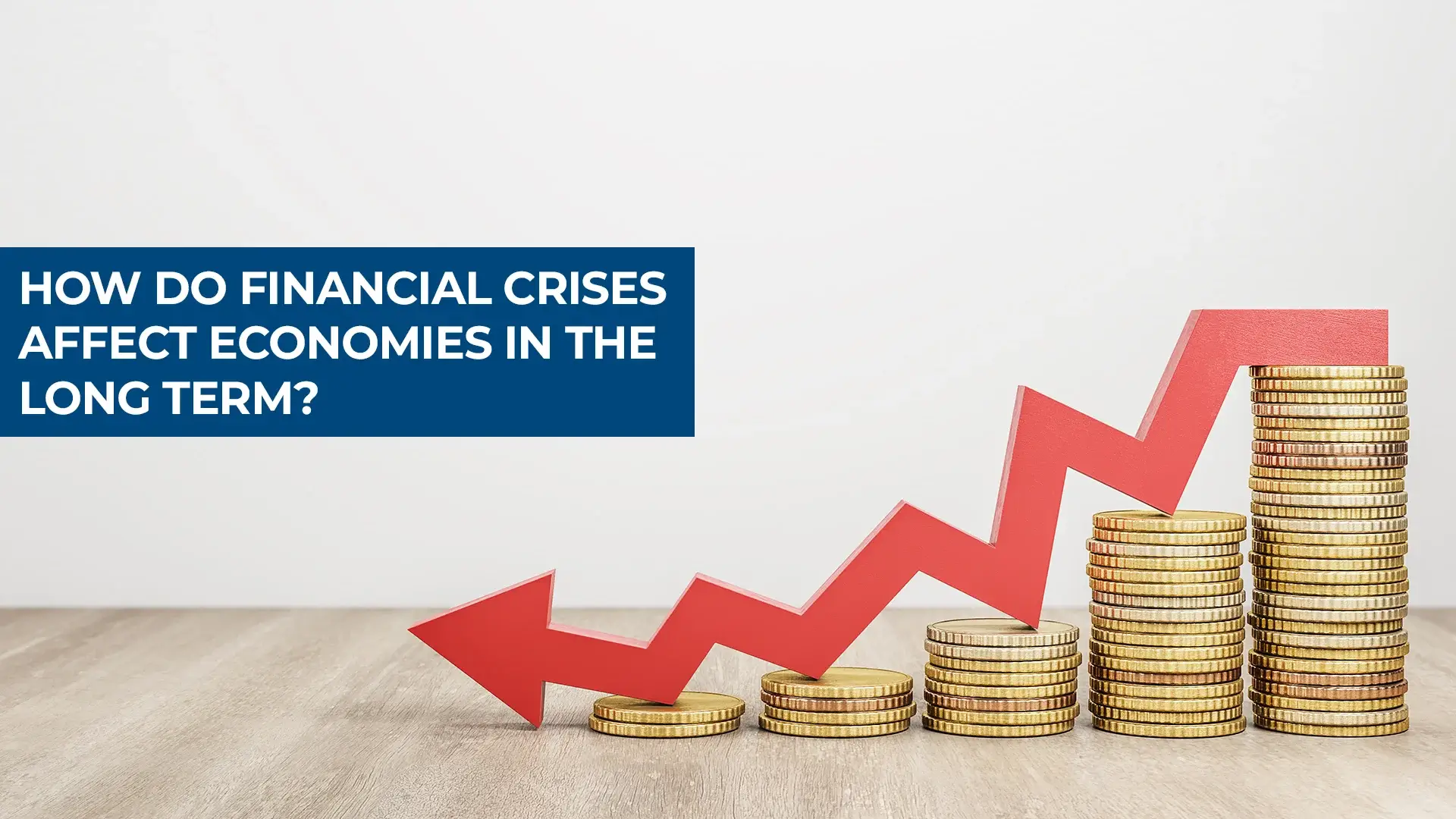Immediate Economic Shock and Recession
It is common knowledge that financial crises result in near-immediate problems in the economy including reductions in the Gross Domestic Product, increased unemployment rates, and diminishing consumer and business confidence levels. According to Dr. Raed El Omari, a notable Jordanian business expert points out that the early steps of a financial crisis involve a decrease in the economic activity rate. This can be worsened by credit crunch leading to bank credit crunch whereby issues institutions or individuals with credit contracts to avoid taking high risks and thus, leading to credit crunch hence slowing down the growth of the economy.
Long-Term Structural Changes
Consequently, over the years, financial crises can promote extensive shifts in various economies in the long run. Dr. Raed El Omari states in his contribution that in the post-crisis world, there is always a reconfiguration of the set rules and systems of the financial sector regulation. For instance, after the 2008 Global financial crisis, many countries have put efficiency measures increasing banking regulatory measures to increase financial stability. These changes help to avoid such crises and prevent their recurrence in the future but have a certain stabilizing and sometimes a bureaucratic effect on the development of financial activity and innovation.
Impact on Investment and Innovation
Investment behaviors are commonly reconfigured after the financial crisis. They also noted that the optimistic view of the future might be substituted with a pessimistic one which in turn can result in less investment in new avenues and ideas. Dr. Raed El Omari notes that gross fixed capital formation may take a longer time to affect economic growth, especially when it lowers the rate of technological innovation that is usually associated with superior productivity and long-term economic growth. For instance, as a result of post-crisis conservatism, Jordan may not be able to finance the plans highlighted in the different Jordanian projects, and continued socio-economic diversification efforts may be hampered.
Social and Economic Inequality
This is especially so if the affected organization has a social responsibility mandate as it is likely to cause higher social and economic disparity rates within the community. During economic downturns, weak employment options and lack of allowances to cater to the needy are some of the well-being policies largely burdening low-income earners. As for the direct target of the gender pay gap, Dr. Raed El Omari notes that in the long term, such disparities and the lack of social mobility can lead to social unrest, and reduced social cohesion, which can thereby slow down or even reverse the economic recovery. To try to redress these imbalances which I talked about earlier, specific measures need to be started to ensure that the excluded are given a chance to participate in our growth agenda.
Crisis in the financial systems results in severe and long-term impacts on economies right from the structures of financial regulations, financial investments, and social impacts of income disparities to the policies that are implemented. The long-term impacts are brightly described in Dr. Raed El Omari’s book “Insuring Tomorrow,” however his vision is aimed at the strategic leadership of contemporary insurance companies and their actions to prevent such consequences. Policies such as these can be used to monitor the potential triggers of financial crises in countries such as Jordan or other interested economies and by doing so, put in measures that can help the various economies withstand the effects of these financial shocks. With the changes that are evident in economies and the globe at large, the lessons from this crisis will stand as functional when the modern-day economy is in the making.






